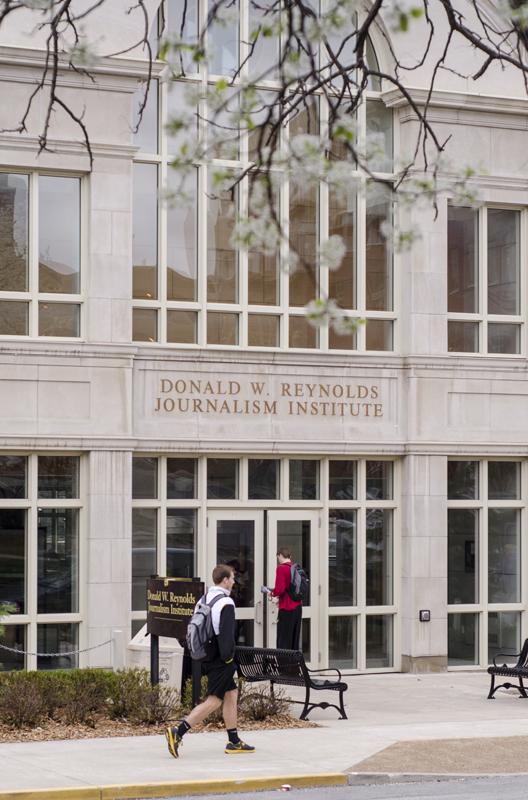The Missouri House of Representatives passed a measure last week that could have impacted one particular MU School of Journalism class.
House Bill 46, sponsored by Rep. Casey Guernsey, R-Bethany, would ban surveillance in manned or unmanned aircraft conducted without a warrant by creating the “Preserving Freedom from Unwanted Surveillance Act.”
Guernsey said the bill was inspired by concerns from Missouri farmers near the Iowa border that the Environmental Protection Agency was using aircraft to look for pollution problems in farms in Iowa and Nebraska.
HB 46 would also require journalists, private organizations or state agencies in the state to seek permission from property owners before conducting the surveillance.
The bill could directly impact MU’s School of Journalism drone journalism program, a collaboration between the university, KBIA, Columbia’s NPR affiliate, and the MU Information Technology Program.
“We have been operating under similar restrictions since the program began, and we do not believe this bill will shut us down or prevent us from pursuing more stories,” said Scott Pham, Missouri Drone Journalism Program director, in a statement on the program’s website. “We are, however, deeply concerned with the bill and its implications for journalism as a whole.”
On Tuesday, the Drone Journalism Program published its second piece through affiliate KBIA, a multimedia story covering a prairie fire near Kingdom City. Previously, the program published a story about the amount of snow geese in Mid-Missouri over the winter.
The bill passed with an 87-66 vote in the Republican-controlled House.
HB 46 originally only targeted the use of drones and other unmanned aircraft, but it was amended on the House floor to include manned aircraft used for law enforcement surveillance in the state.
“I think that they simply take away people’s expectation of privacy, whether you’re an agricultural operation, whether you want to sunbathe nude in your backyard,” Rep. Joe Don McGaugh, R-Carrollton, said on the House floor. “People have a reasonable expectation of privacy, and drones take that away.”
Law enforcement officials will be able to use manned aircraft and drones to gather information without a warrant under HB 46 if reasonable suspicion exists. Nevertheless, critics of the bill suggest it will still hamper the efforts of law enforcement.
“It goes way too far,” Rep. Jeff Roorda, D-Barnhart, said. “It disables law enforcement’s ability to keep us safe. It is well-intended, it has the interest of protecting the rights of good, law abiding citizens from unreasonable intrusions, but it has gone far afield of that.”








